Epiphyllum oxypetalum (Belle de Nuit)
Botanical name: Epiphyllum oxypetalum
Common names: Belle de Nuit, Lady of the Night, Queen of the Night, Night blooming Cereus, Dutchman's Pipe
Family: Cactaceae
Origin: Central America











This special cactus grows in tropical rainforests and has large wide meaty leaves. The flower is huge, white, fragrant, and nocturnal. Blooms at night hours, hence the name. One of the most exotic indoor plants. The plant is common around Veracruz, Mexico, a coastal area that borders the Gulf of Mexico. In this area, the weather is extremely humid, and the temperatures vary quite broadly, from 60 to 120 F, with a rainy season that lasts from May to October.
Queen of the Night is a very popular and yet mysterious plant. The flowers open once a year after sunset for one night. However the flowering period can last a month or two during the warm season. So each flower lasts only one night, but there will be more flowers to come! In the Nature, Queen of the Night grows on trees in the jungles of Central and South America. It is very easy to grow as an indoor plant in colder climates. In tropical and subtropical areas, grown outside in hanging baskets.
If grown from cutting, it may take 2-3 years until the plant starts blooming.
Propagation Methods: by dividing rhizomes, tubers, corms or bulbs (including offsets); leaf cuttings, herbaceous stem cuttings.
Synonyms: Epiphyllum latifrons, Phyllocactus acuminatus, Epiphyllum acuminatum, Epiphyllum grande, Phyllocactus latifrons, Cereus latifrons, Phyllocactus oxypetalus, Cereus oxypetalus, Phyllocactus grandis.
Similar plants: Epiphyllum oxypetalum (Belle de Nuit)
Recommended Fertilizer: SUNSHINE Robusta - Rapid Growth Booster
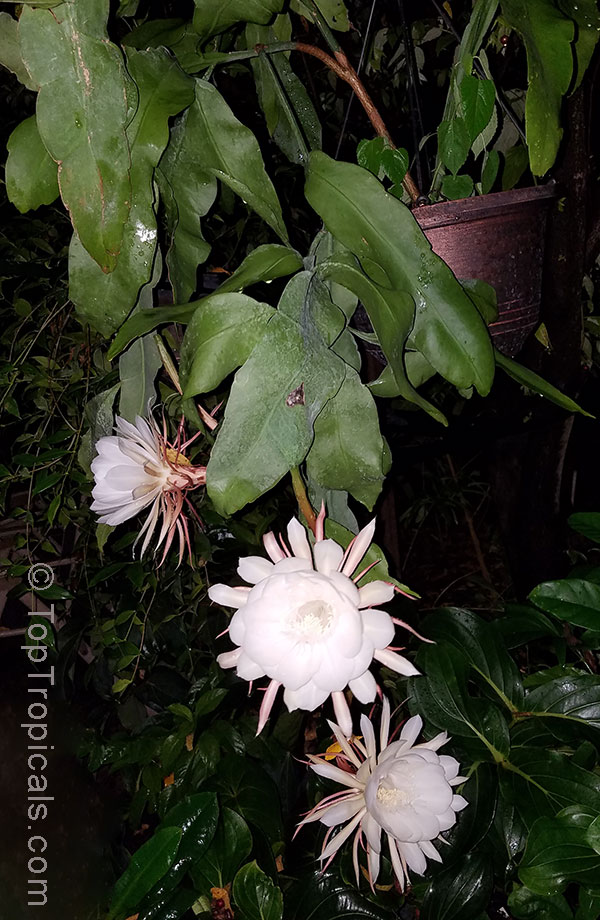
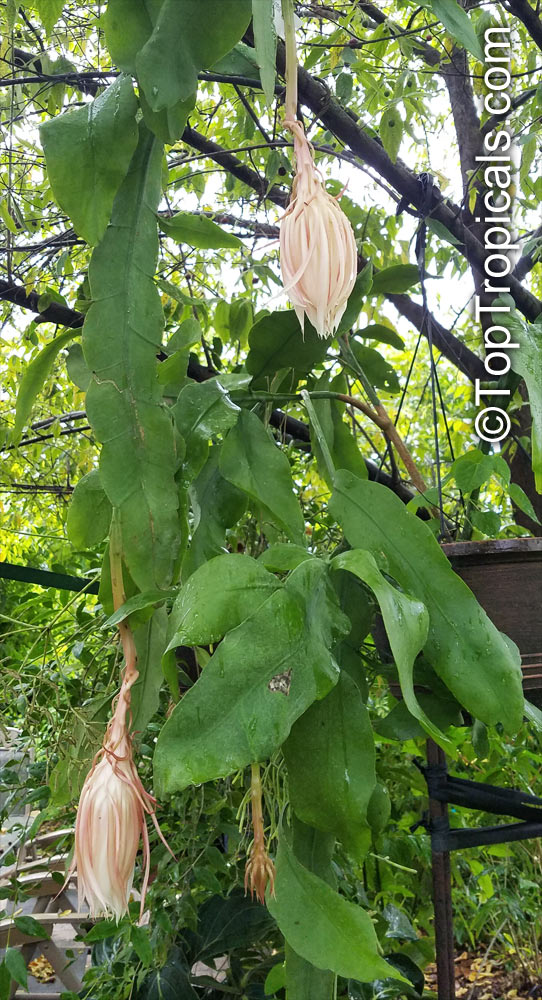
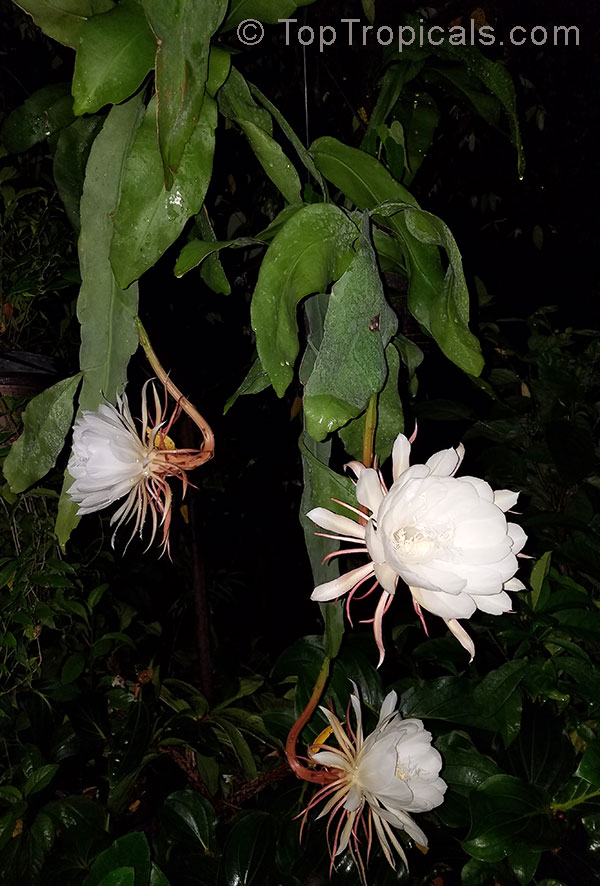
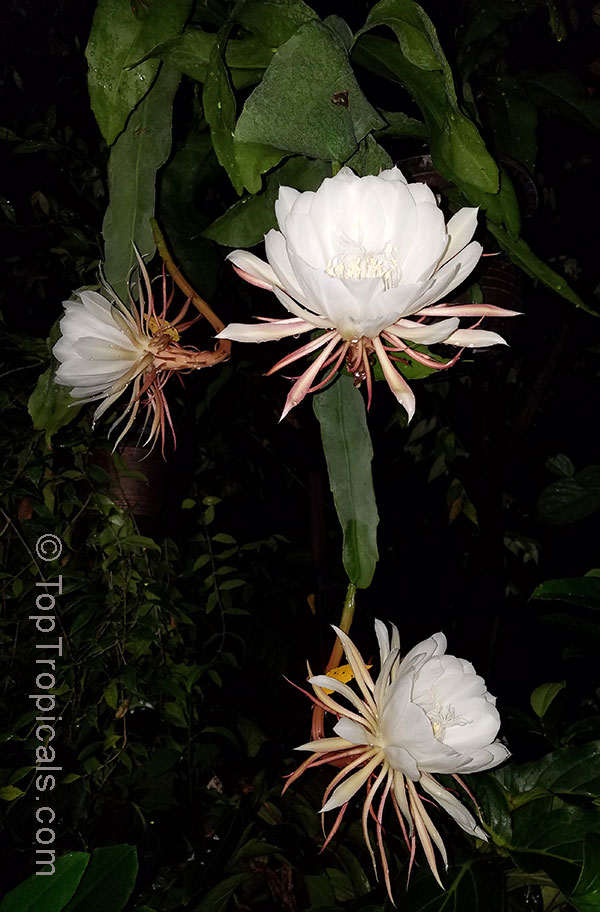

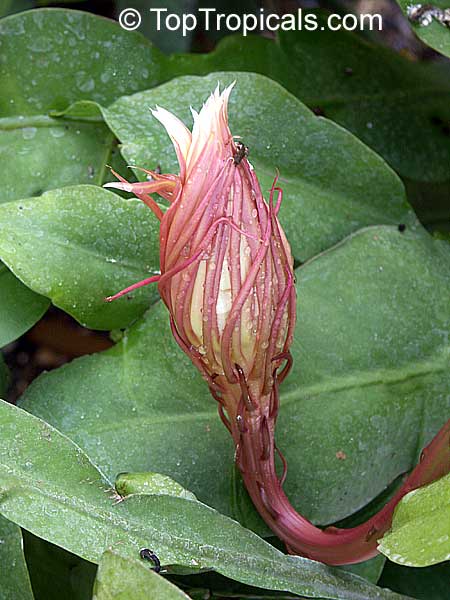
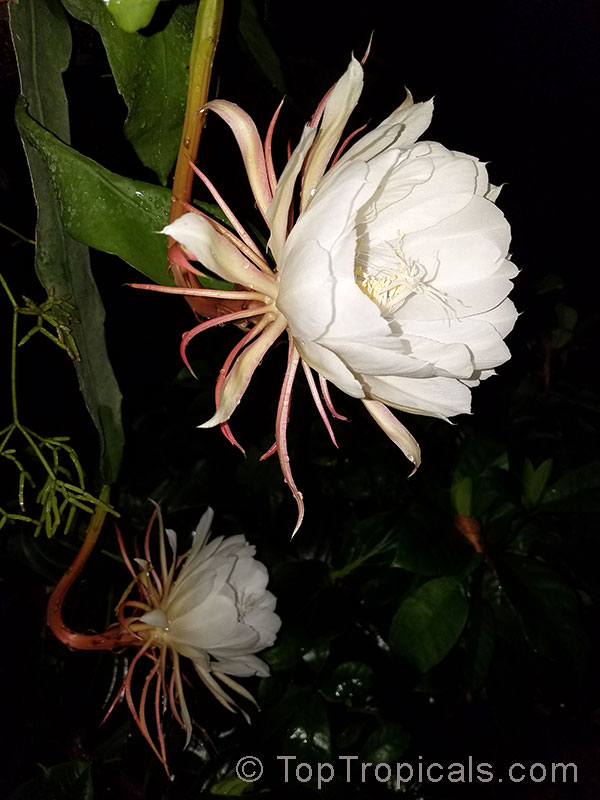
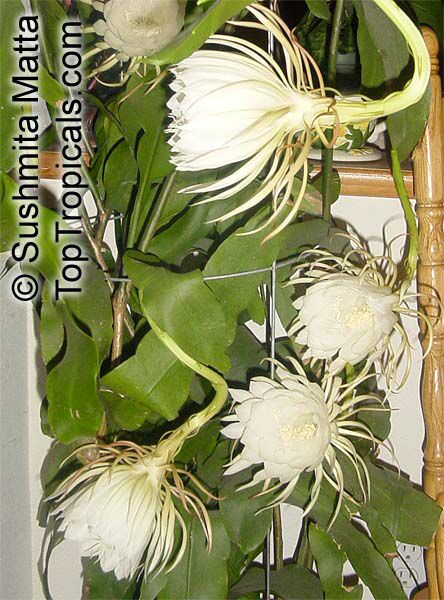
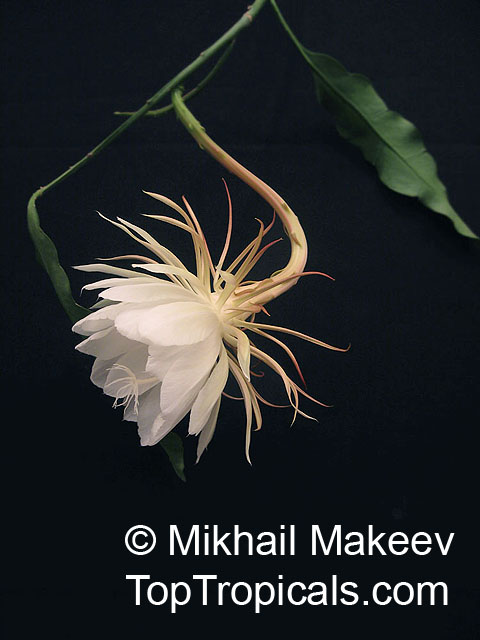
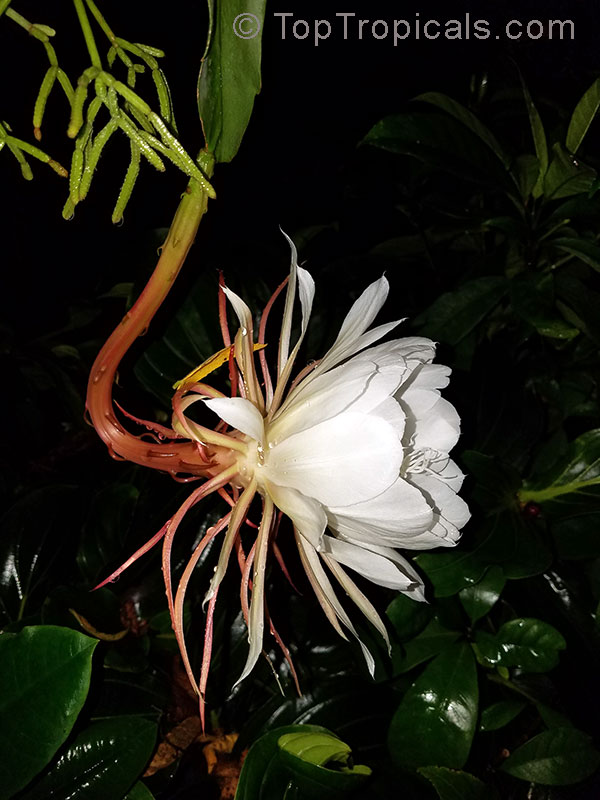
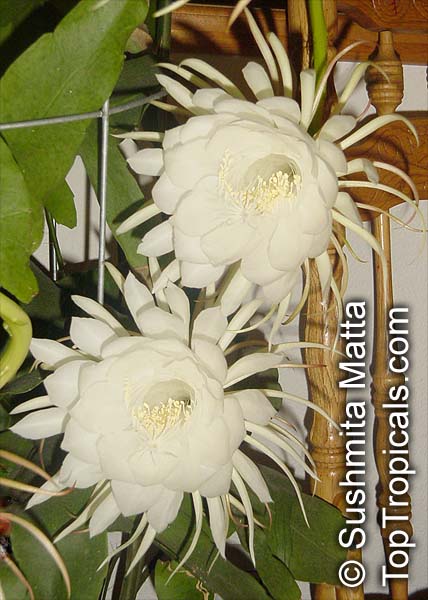
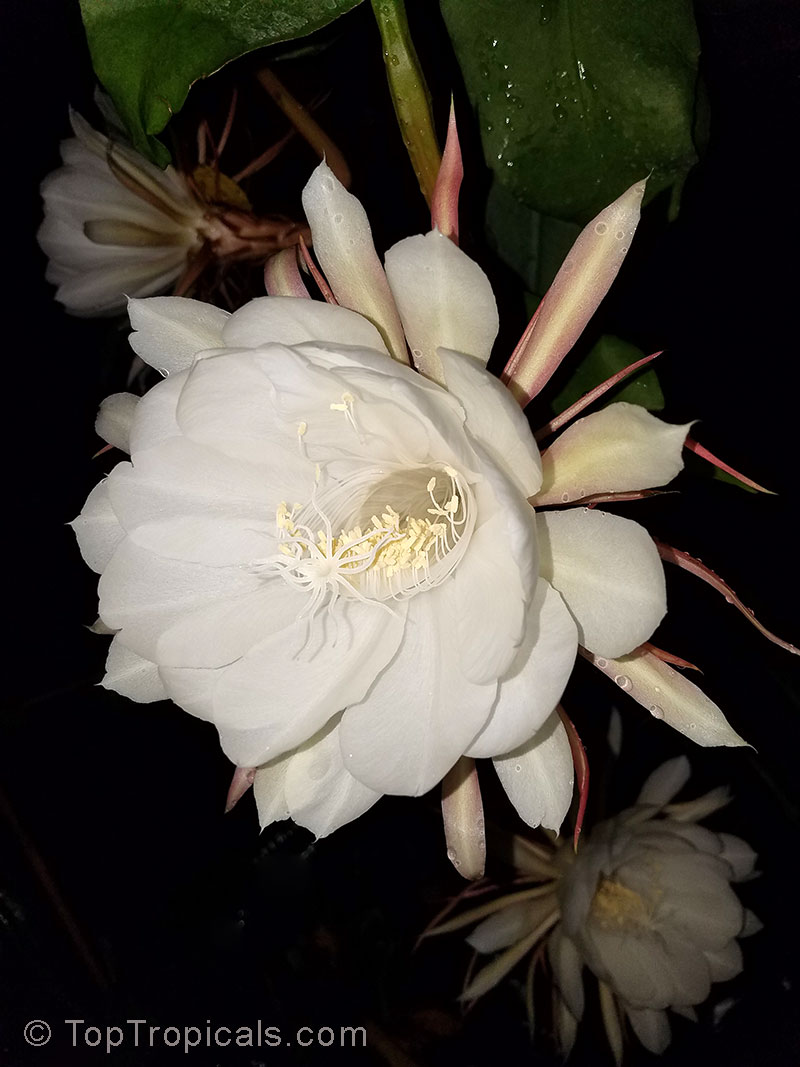
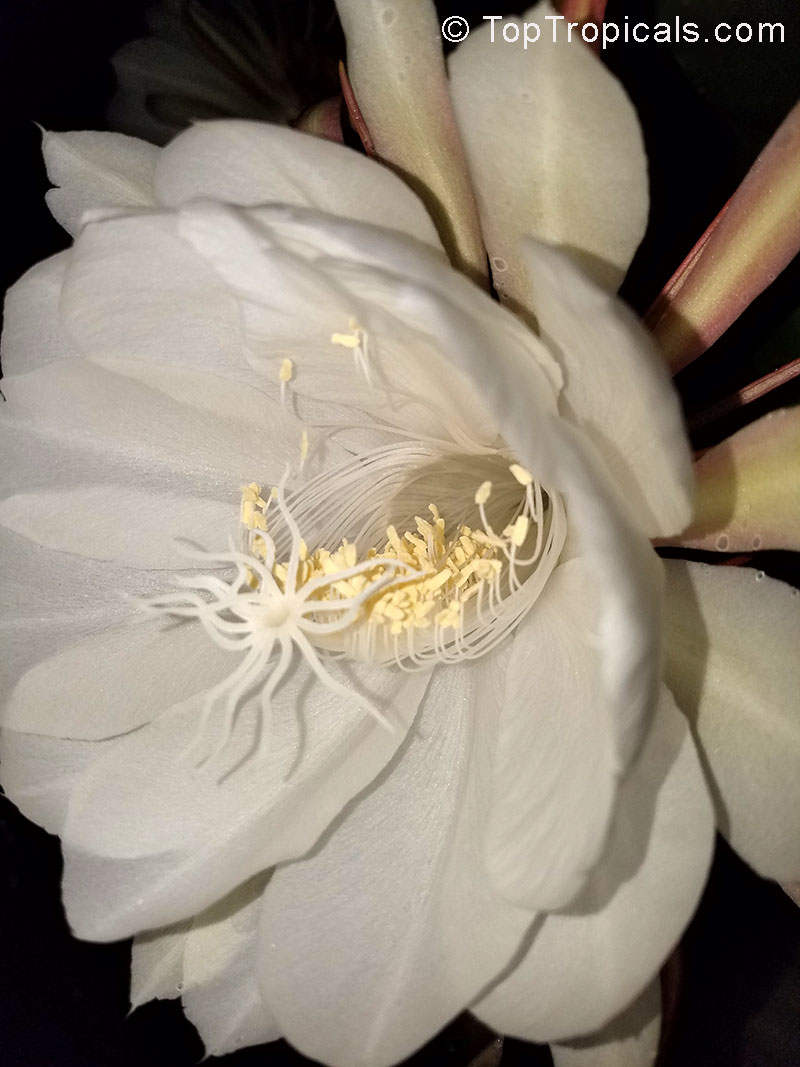
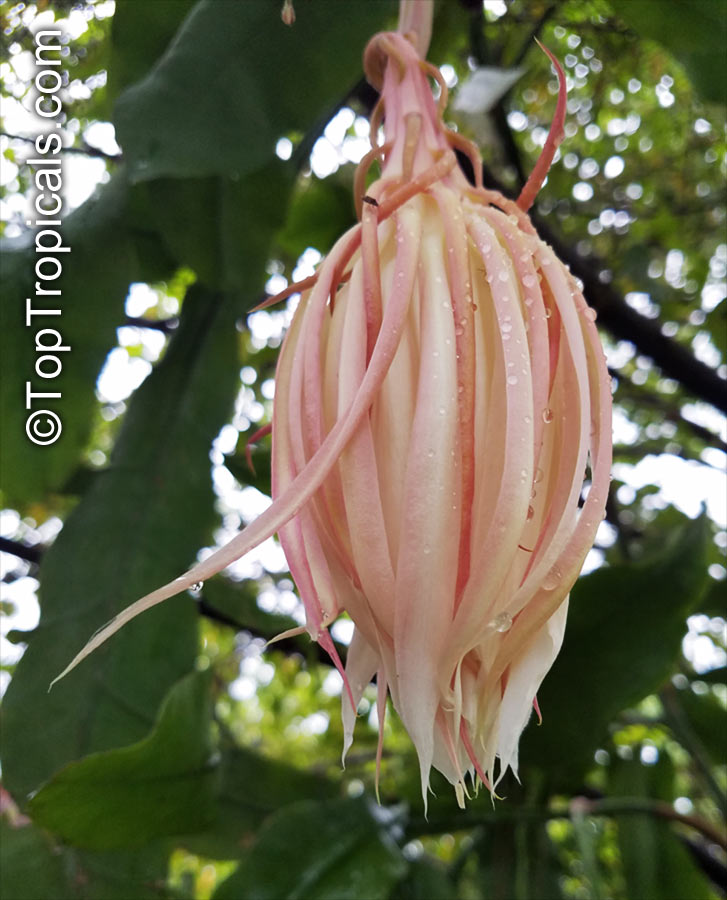
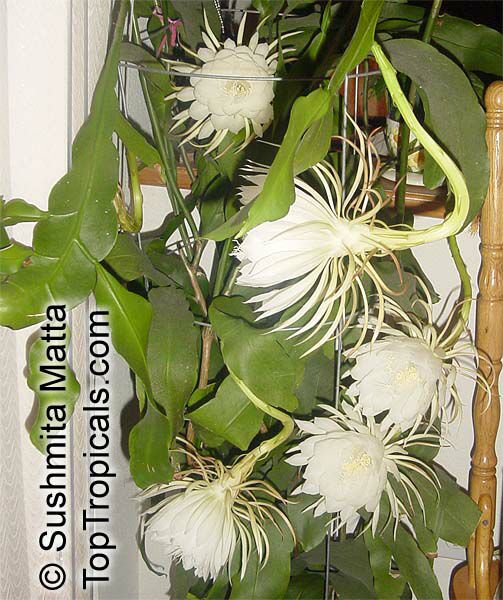
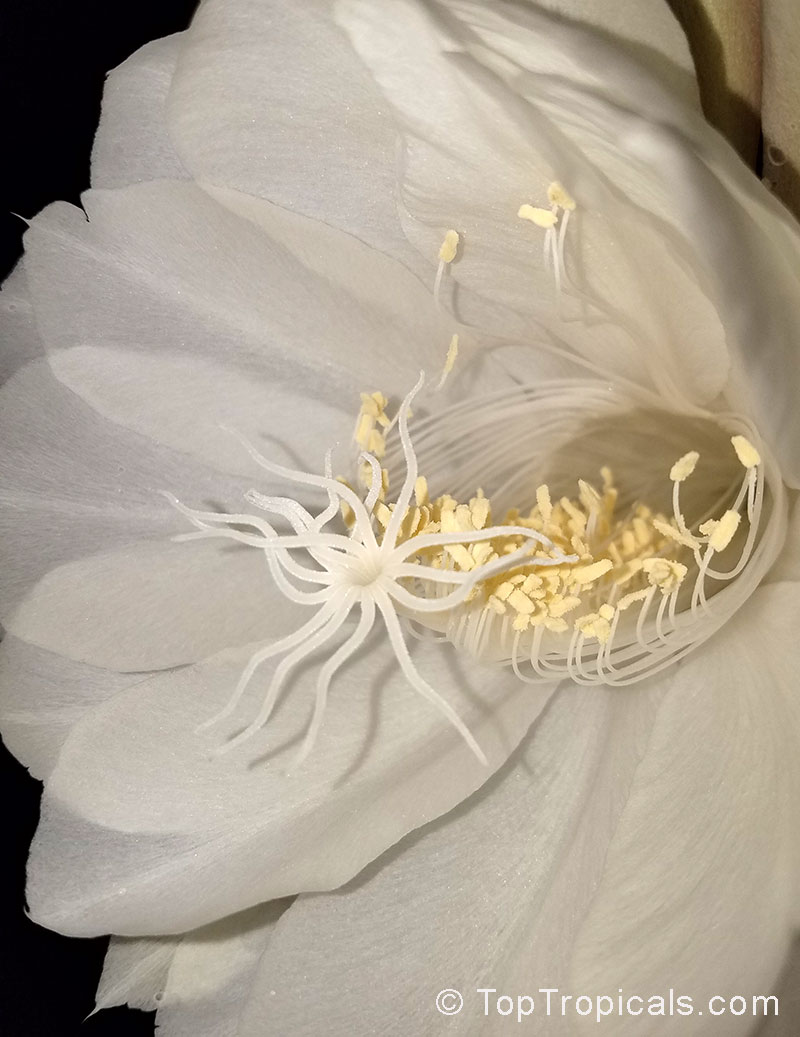
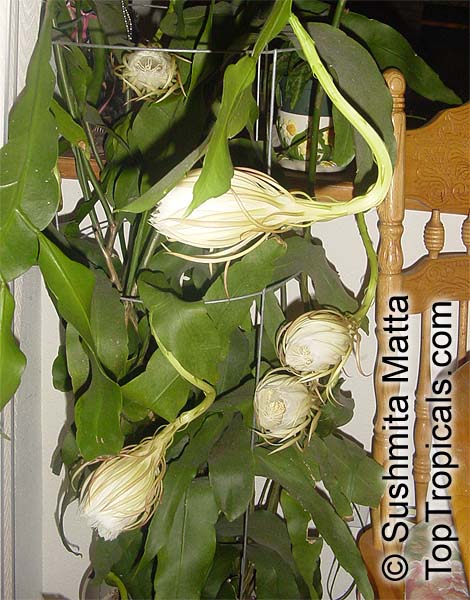
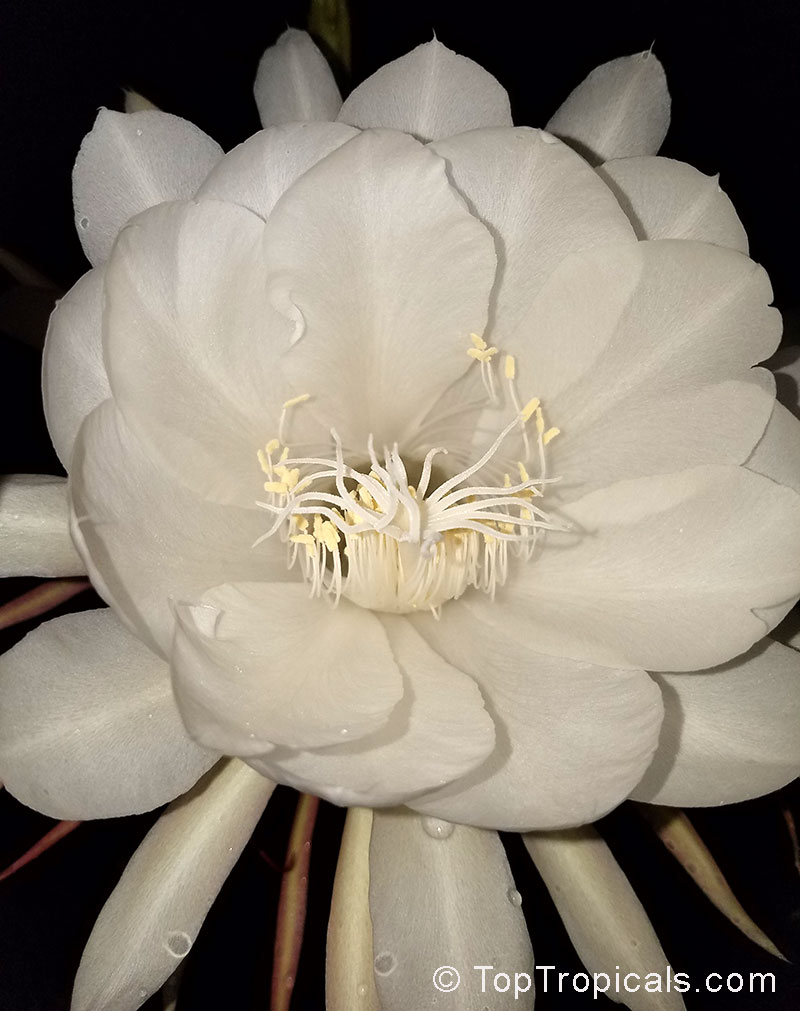
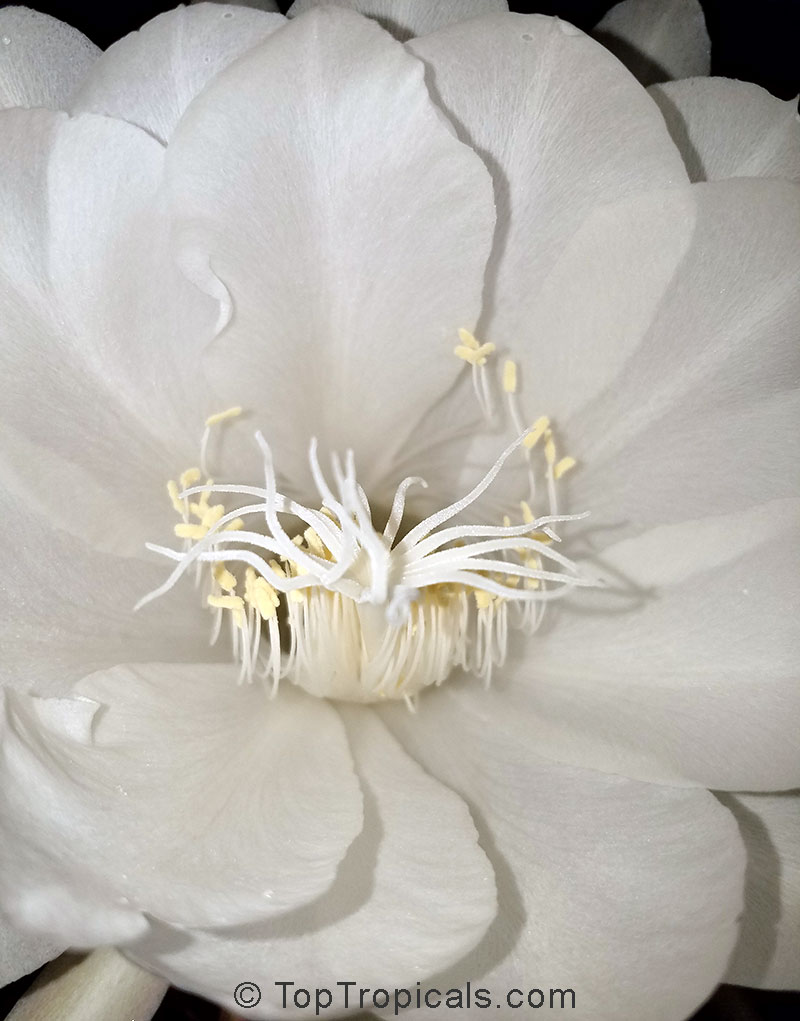
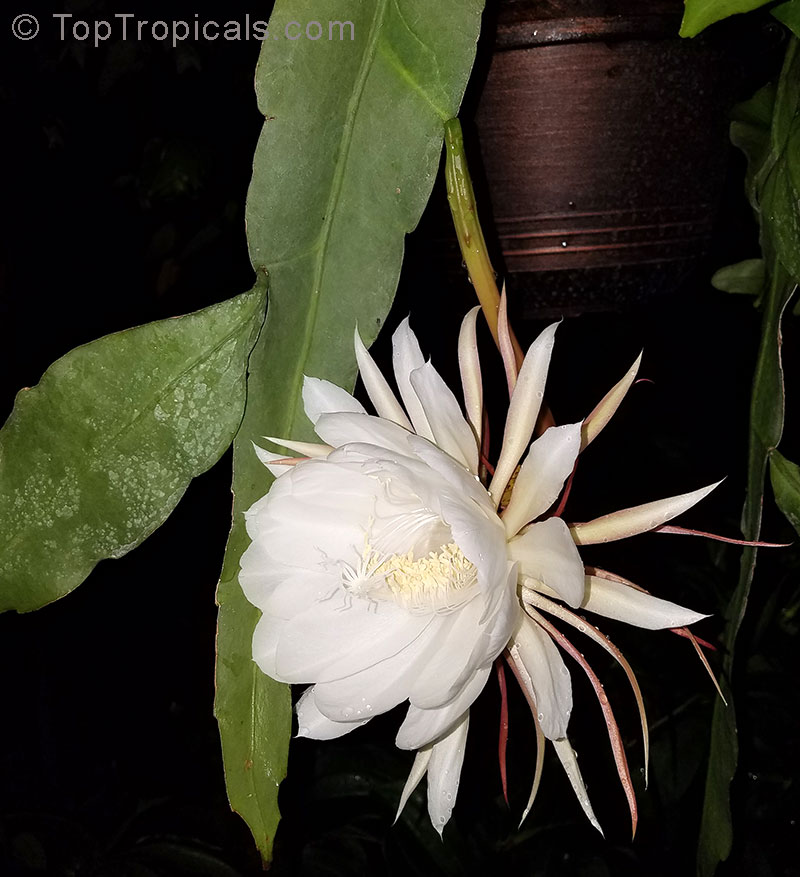
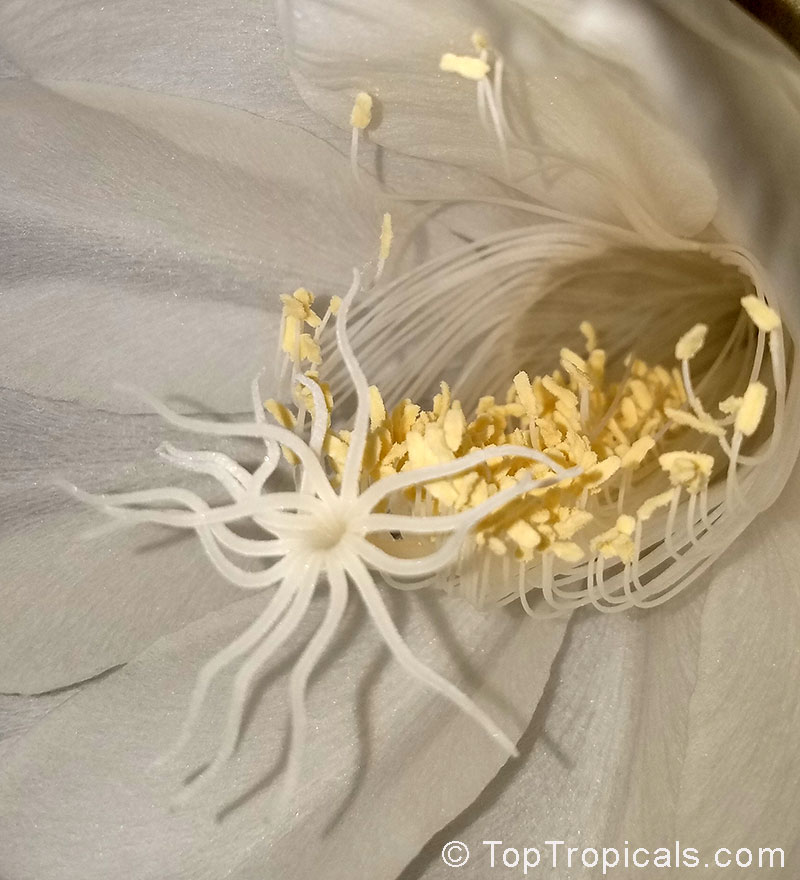
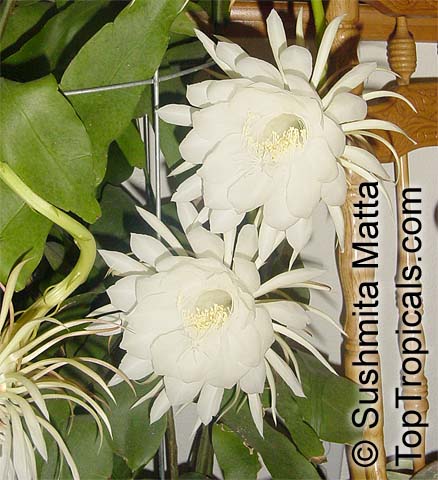
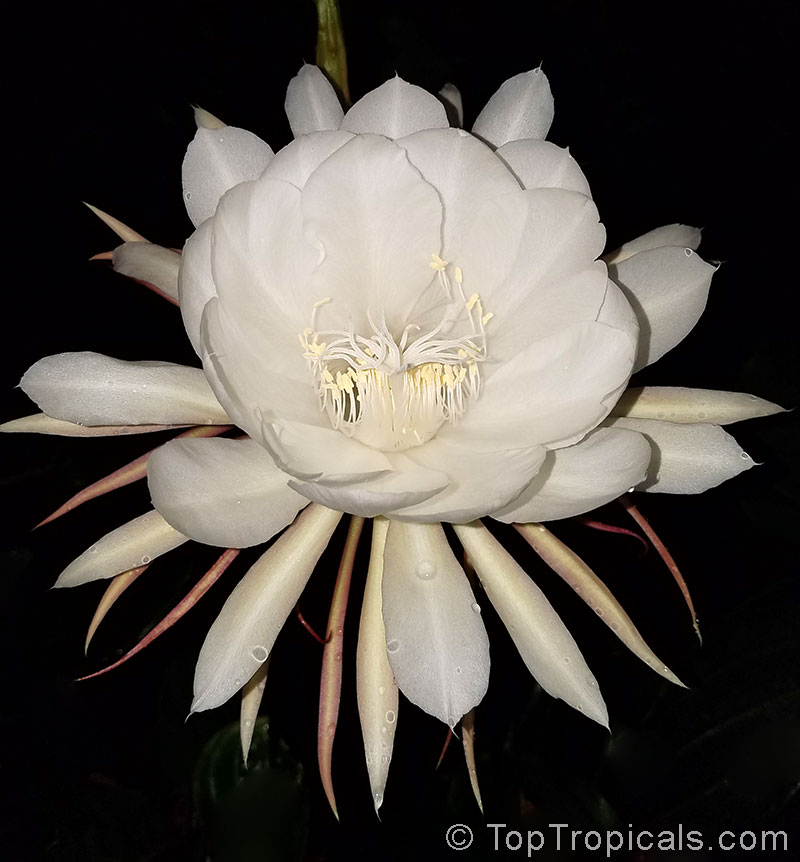
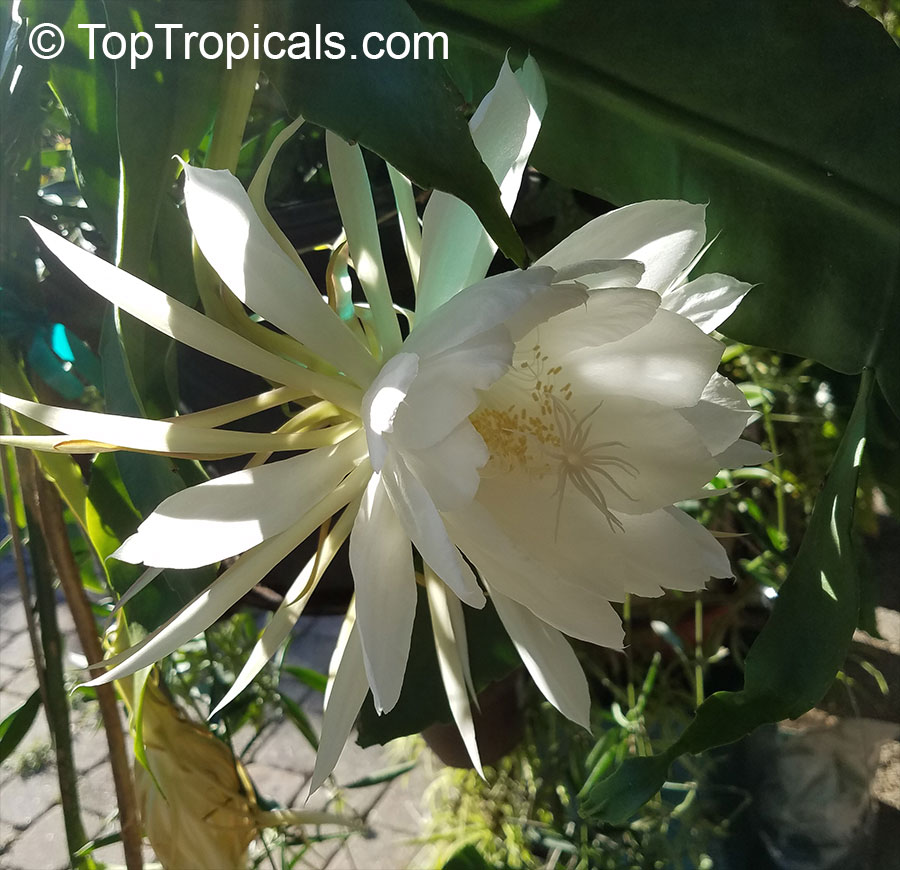
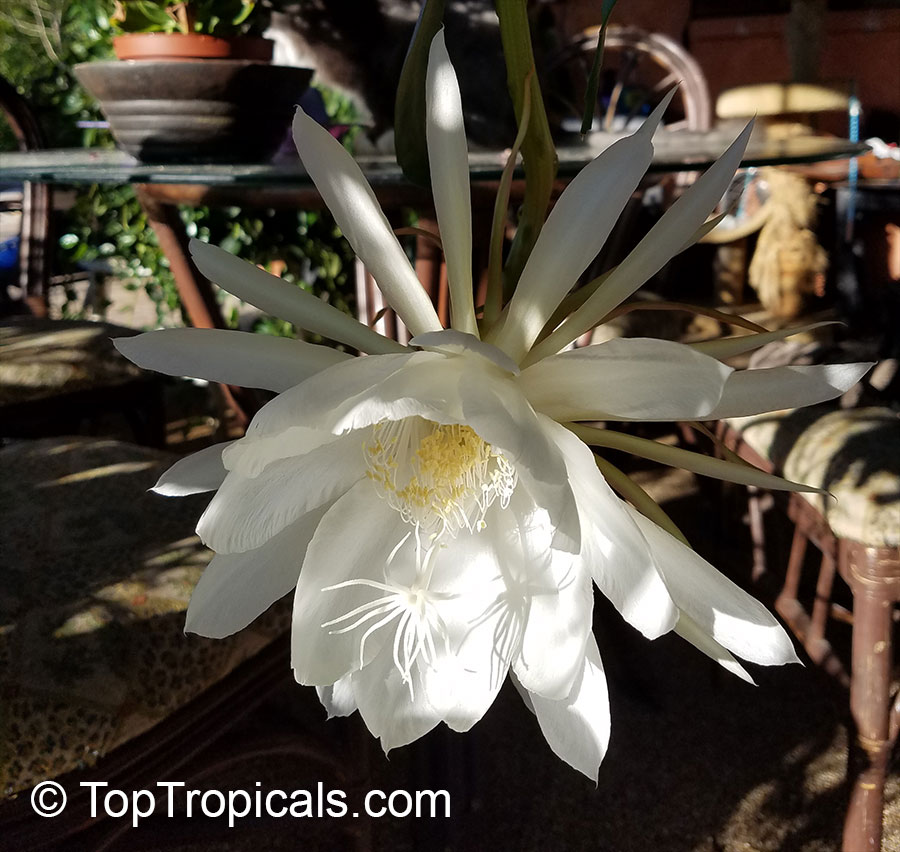
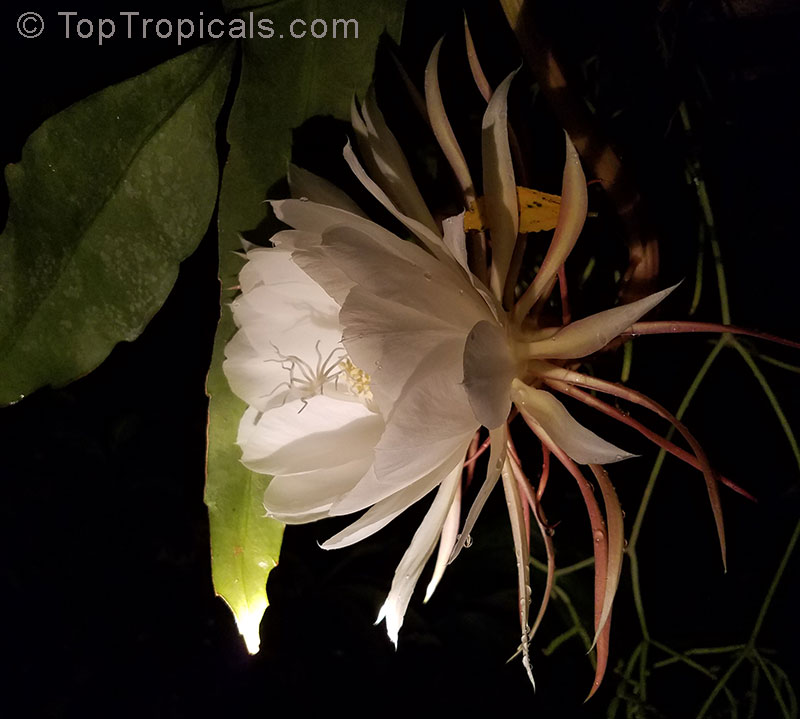
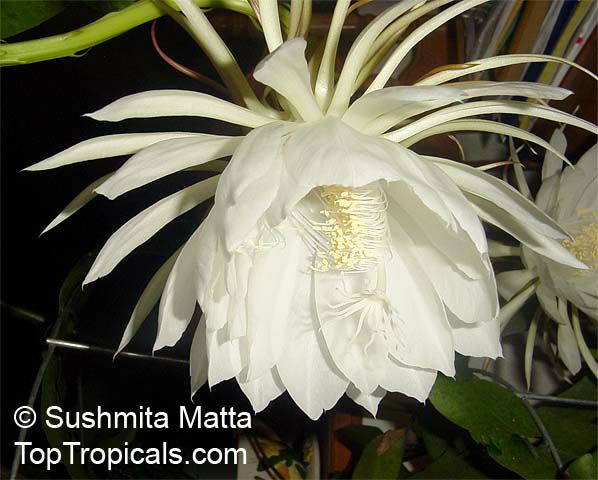
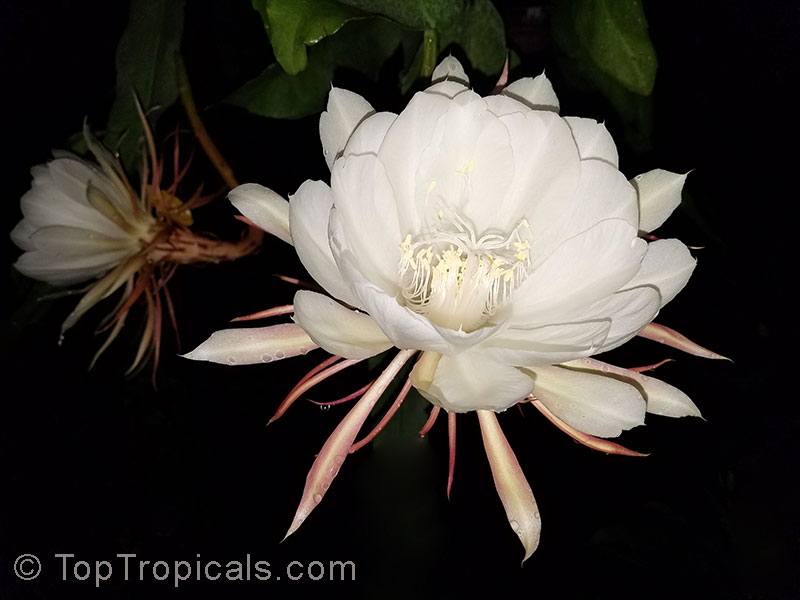
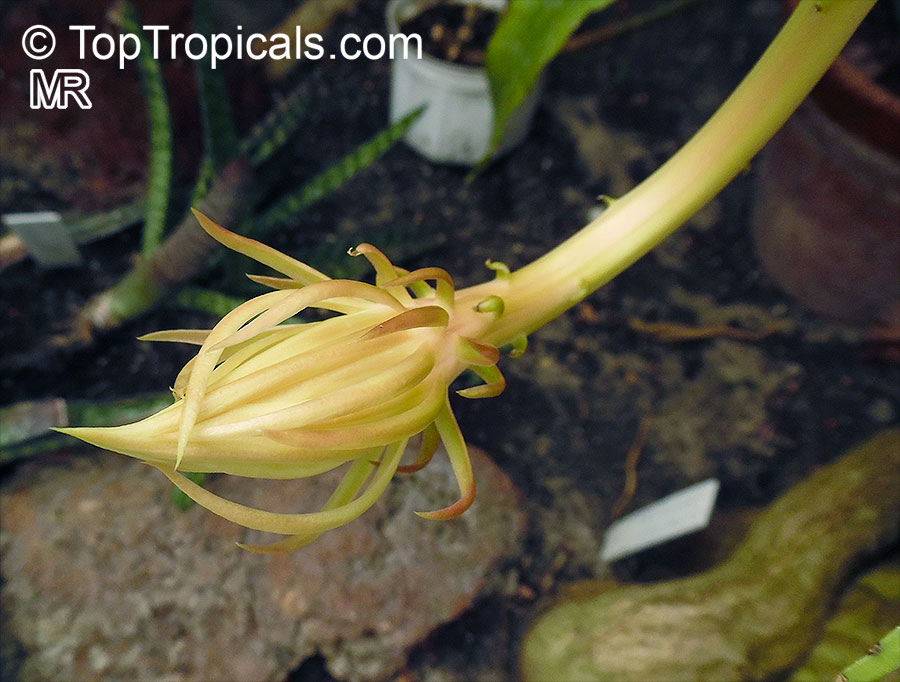
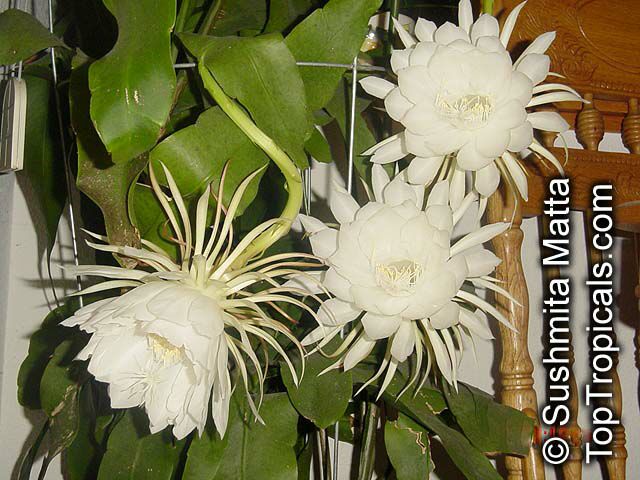
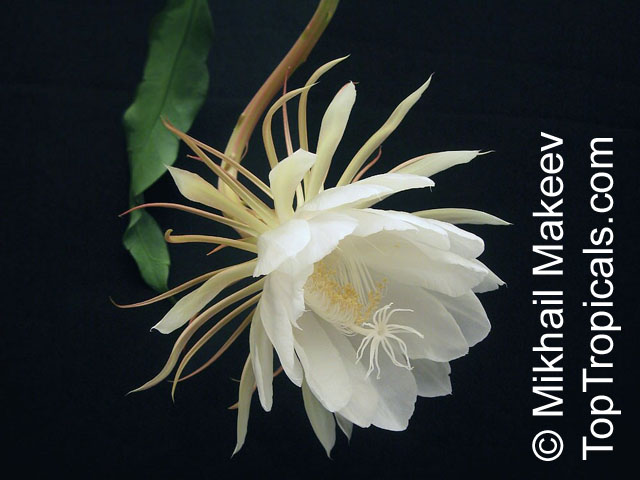
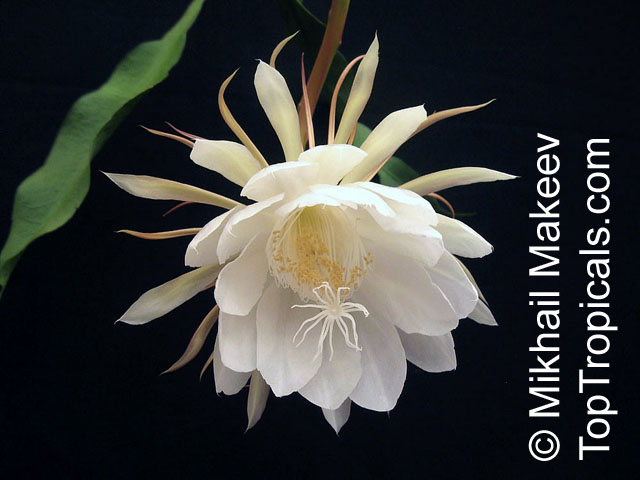
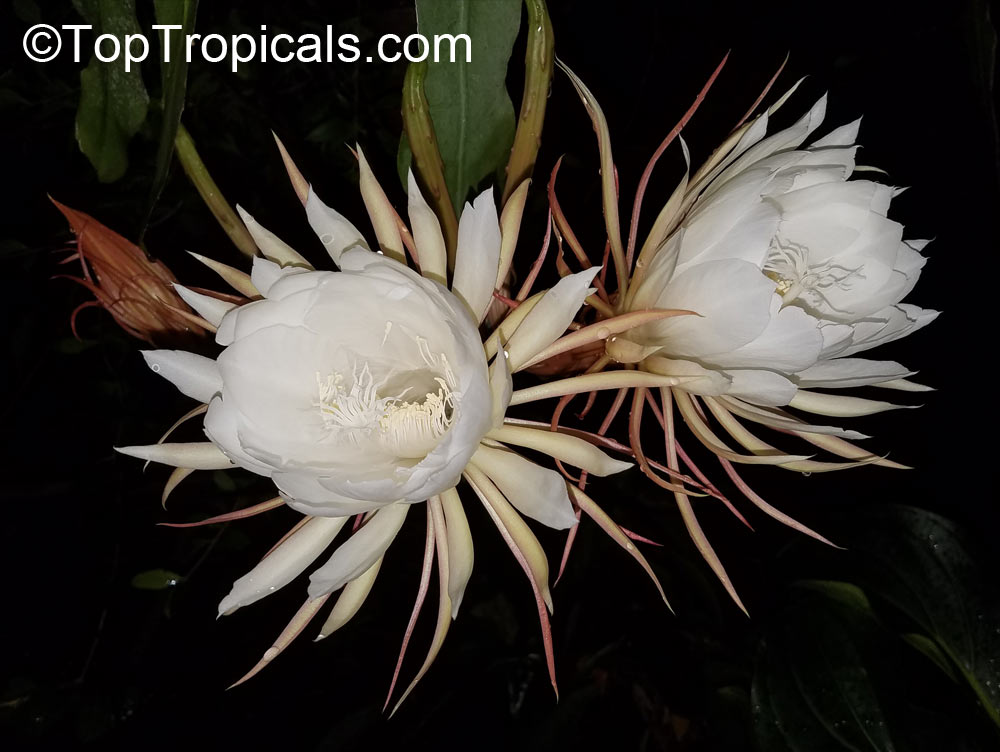
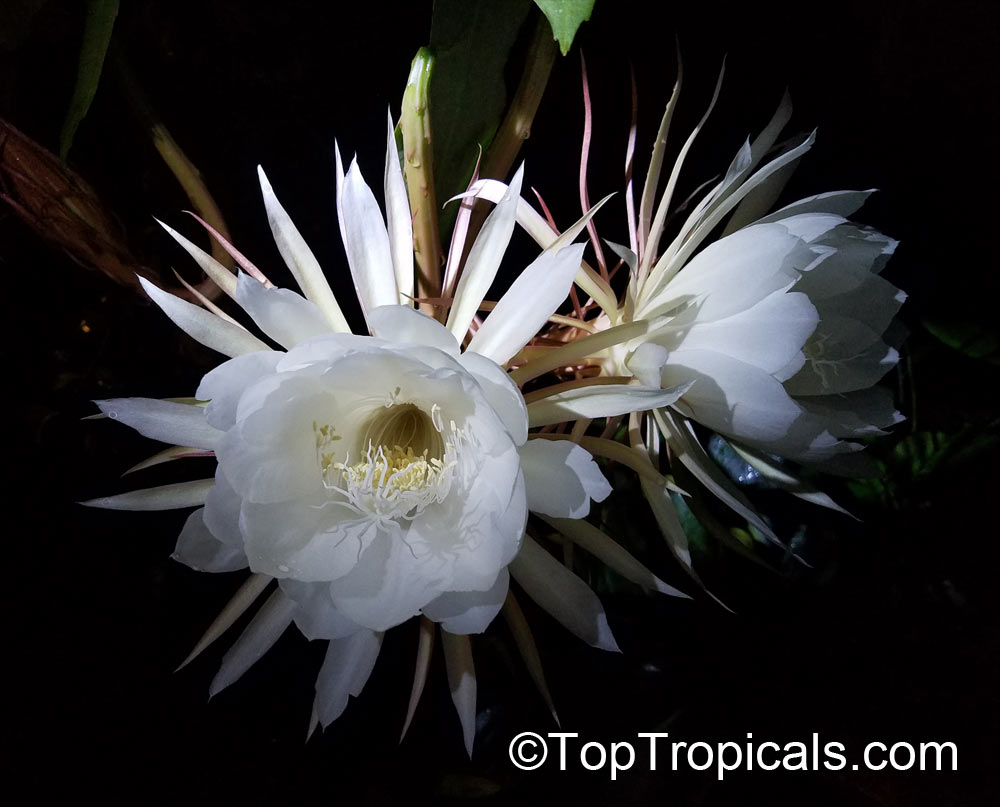
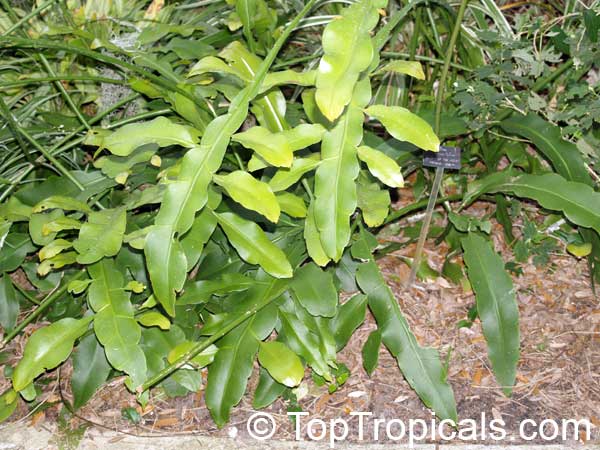
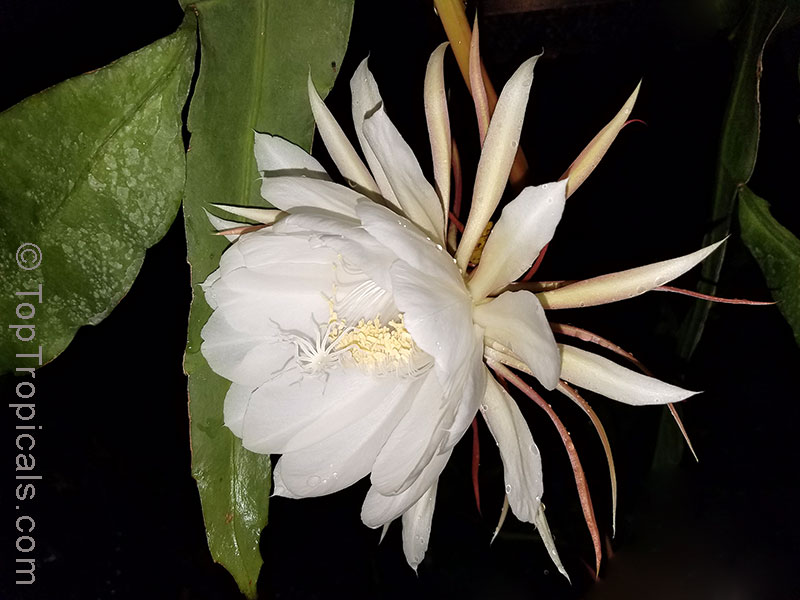
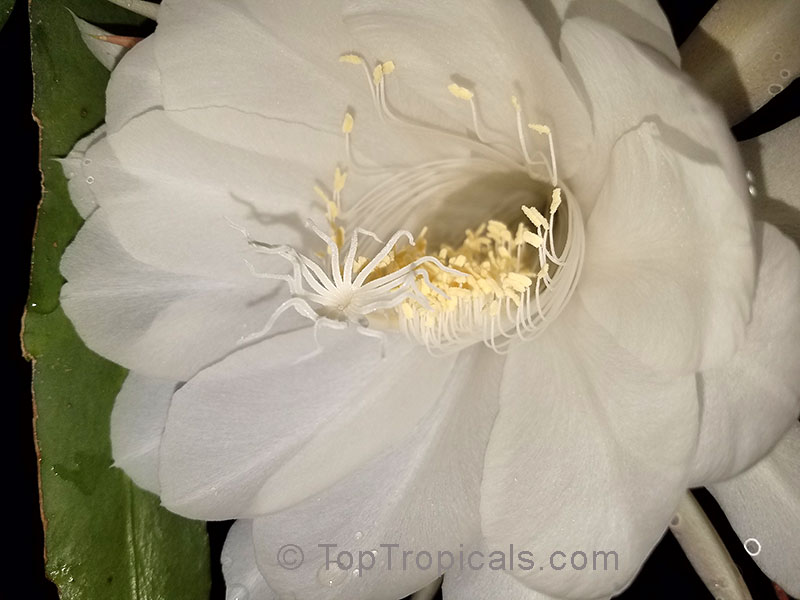
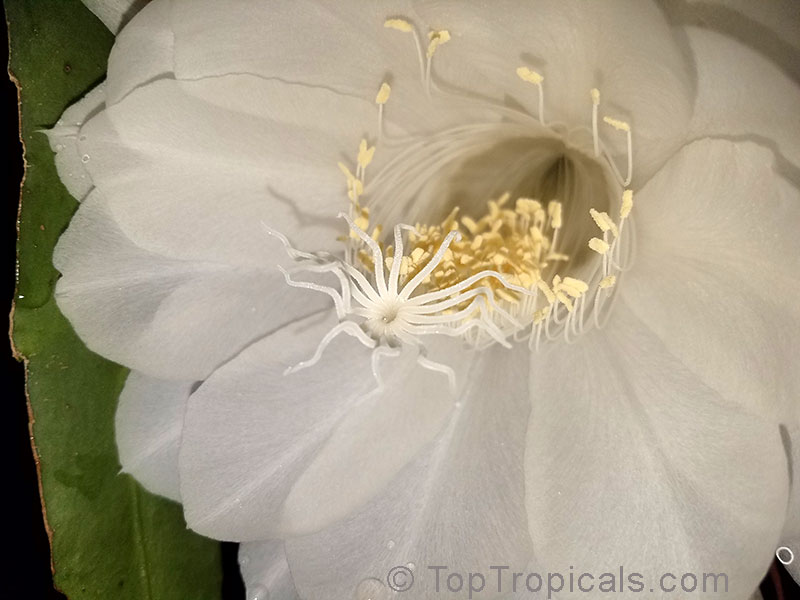
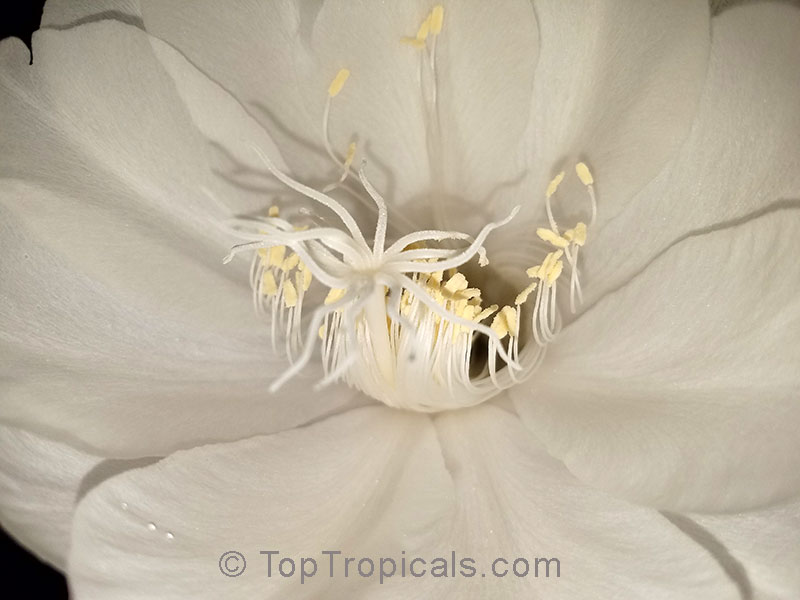
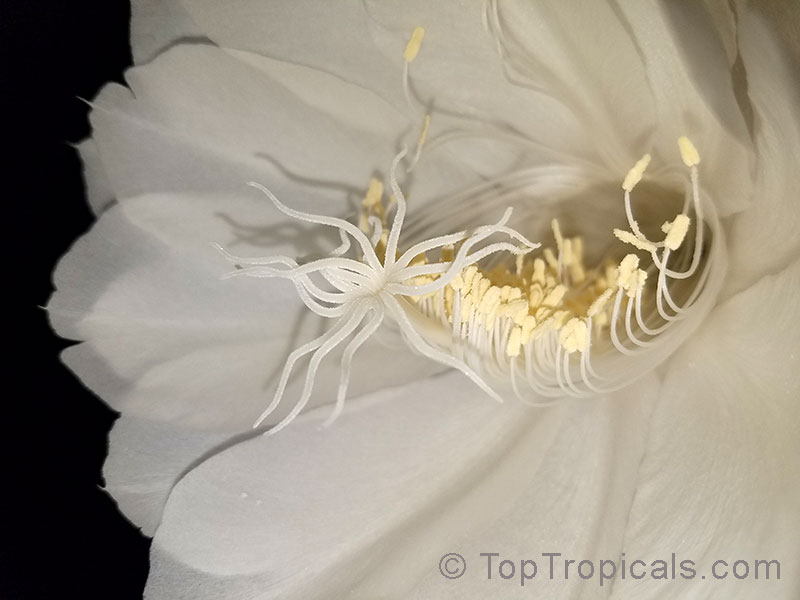
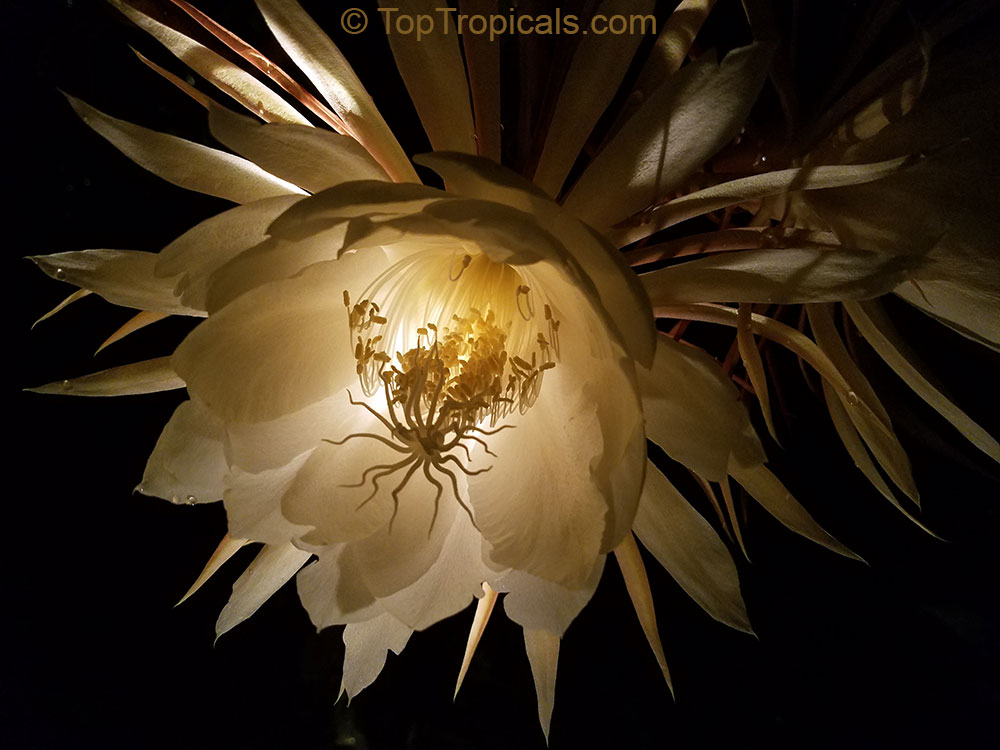
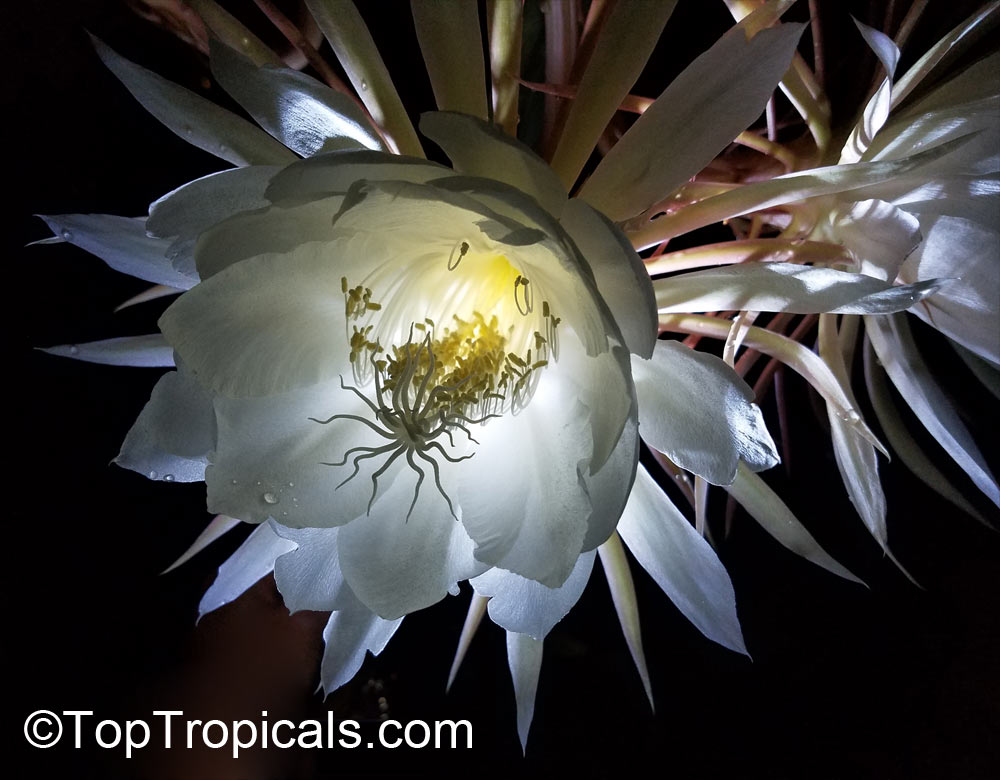
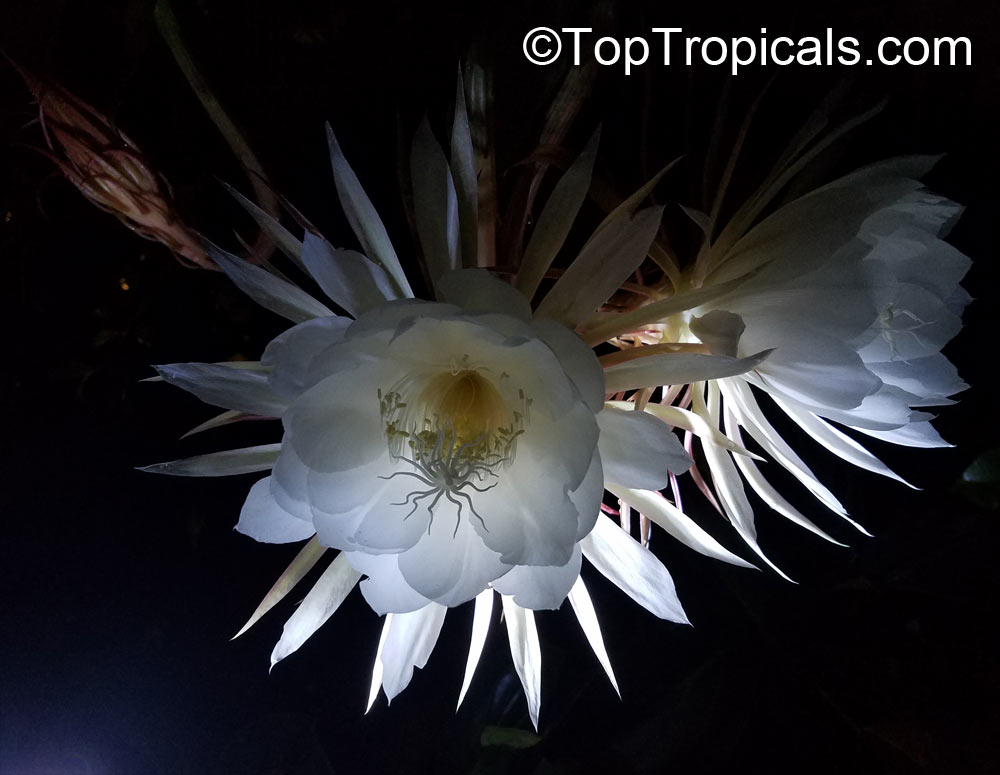
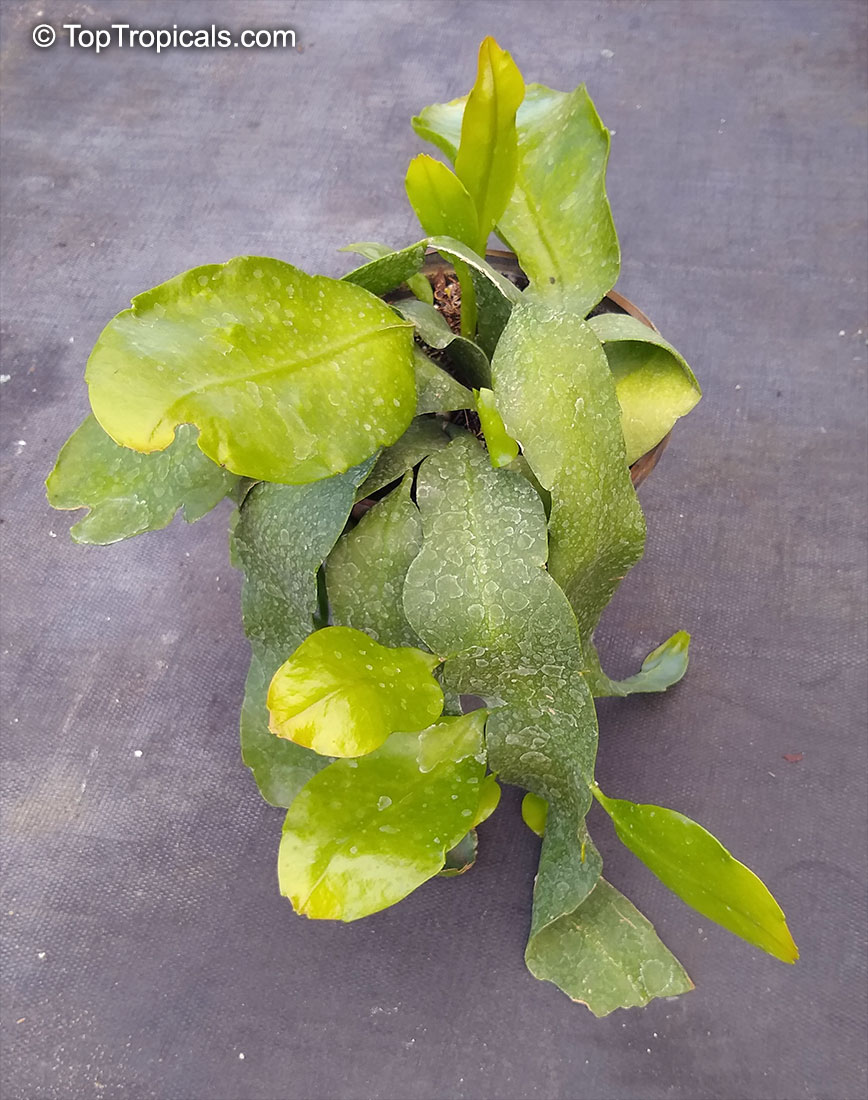

 SUNSHINE Pikake (NPK 2-2-4) - eco-friendly concentrated nutrition booster for fragrant flowers. Improves quantity and quality of flowers. Encourages profuse blooming. Increases flower fragrance intensity. Can be used with every watering. For best results, use in combination with
SUNSHINE Pikake (NPK 2-2-4) - eco-friendly concentrated nutrition booster for fragrant flowers. Improves quantity and quality of flowers. Encourages profuse blooming. Increases flower fragrance intensity. Can be used with every watering. For best results, use in combination with